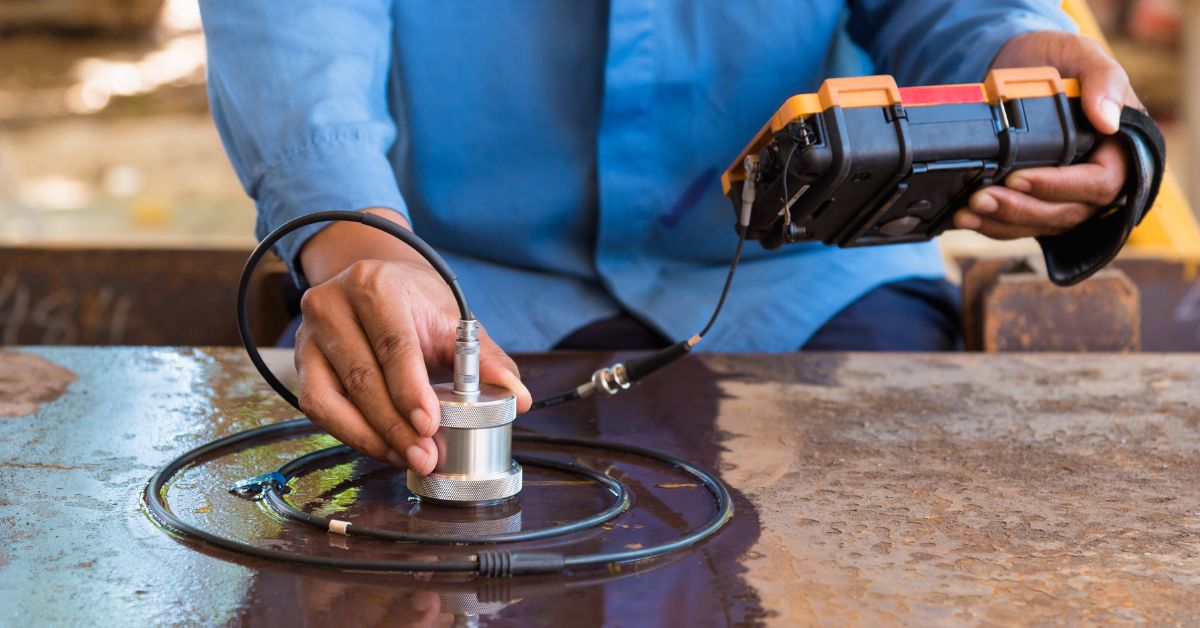
Non-Destructive Testing (NDT) specialists evaluate buildings, cars, and products for faults and structural weaknesses using non-destructive testing processes. They conduct material tests, assess the results, and prepare reports based on their findings. They also calibrate test equipment and develop testing methodologies.
Responsibilities
Throughout your apprenticeship, you may help:
- visually inspecting materials – using CCTV and fibre optic cameras
- conducting thermal imaging – to find defects in concrete and other building materials
- dye testing – staining surfaces with fluorescent liquid
- magnetic particle testing – applying magnetic particles to materials
- radiographic testing – using X-rays to find internal faults
- ultrasonic testing – firing high frequency sound pulses into materials
- eddy current testing – passing electricity through materials
- resonant testing – ‘listening’ to the growth of cracks or flaws by monitoring the acoustic vibrations of a structure
- assessing the risks from hazardous materials, for example those used in construction.
Salary
- Starting salaries for an apprentice is £20,000 per year.
- Experienced NDT technicians can earn up to £32,000 per year.
Working hours
You will typically work 41 to 43 hours per week, including working weekends on shifts.
Working environment
You could work in a factory, in a workshop or in a laboratory.
You may need to wear protective clothing.
Qualifications
Qualifications you can achieve as an apprentice NDT technician include:
- Level 3 Non-Destructive Testing Engineering Technician – Entry requirements for this level include 5 GCSEs at grades 9 to 4 (A* to C), or equivalent, including English and maths, for an advanced apprenticeship. This qualification will take 36 months to complete.
Skills
On a NDT technician apprenticeship, you’ll learn:
- to be thorough and pay attention to detail
- analytical thinking skills
- maths knowledge
- the ability to think clearly using logic and reasoning
- knowledge of engineering science and technology
- knowledge of physics
- the ability to work well with others
- the ability to analyse quality or performance
- to be able to use a computer and the main software packages confidently.
Career path and progression
With experience, you may become a senior non-destructive tester or specialise in specific testing.
Work in quality assurance, purchasing, technical sales, management, or research and development to further your career.
You may become a qualified NDT engineer by pursuing a degree via part-time schooling or a degree apprenticeship.
